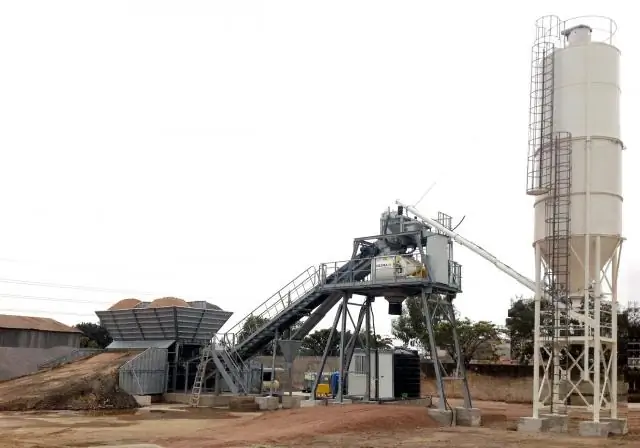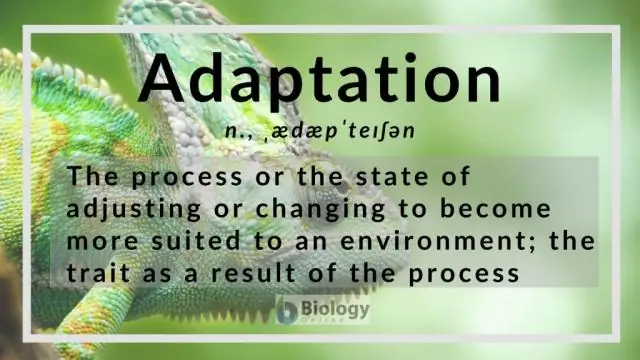- Author Rachel Wainwright wainwright@abchealthonline.com.
- Public 2023-12-15 07:39.
- Last modified 2025-11-02 20:14.
Hyposensitization
Hyposensitization (1) (hyposensibilisatio; Greek hypo- - under, lowering, insufficiency + Latin sensibilis - sensitive; synonym: desensitization - not recommended) - a set of therapeutic and prophylactic measures designed to reduce the body's sensitivity to an allergen by inhibiting or preventing development immunological mechanisms of sensitization.
Types of hyposensitization:
- year-round - as a rule, specific hyposensitization, carried out for a long time and regardless of the season, for example, with dusty bronchial asthma;
- non-specific - produced by influencing the immunological mechanisms of sensitization of any factors, except for the use of a specific allergen (for example, spa treatment and physiotherapy);
- pre-season - carried out in the period preceding the season, during which the corresponding allergen appears in the environment, for example, plant pollen;
- seasonal - specific hyposensitization carried out during the time of the year when the corresponding allergen is present in the environment;
- specific - carried out by introducing an extract of the allergen to which there is hypersensitivity; specific hyposensitization is the main method of therapy for allergic diseases.
Hyposensitization (2) - a decrease in the body's sensitivity to the effects of an allergen, including spontaneous hyposensitization, characterized by natural development, without the implementation of a targeted effect on the body.
Found a mistake in the text? Select it and press Ctrl + Enter.






